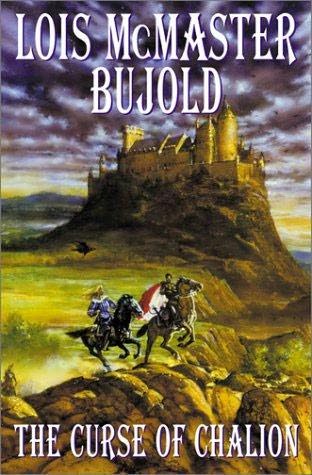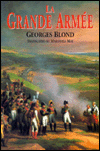This new and valuable history of the 1815 French defeat begins with a minimum of background for the non-Napoleonic student, but does superlatively well once Wellington and Napoleon have arrayed their armies for battle (and does not forget the Prussians waiting in the wings). The narrative is unusually accessible, and as experienced readers march on, they will find some novel insights and analyses. For Barbero, cavalry was not on the whole effective, but it could usefully suppress artillery, a welcome change from the usual denigration of everybody's equine forces (even the British are given credit for superior horses). The role of the Prussians, and also of German allied troops in Wellington's ranks, is studied in much more detail than in more Anglocentric accounts, and that many of the Prussians were half-trained militia is emphasized. Finally, Napoleon's army did not go off completely thrashed and in disarray, but substantially maintained order and discipline for several days. The author also does a better job than many popular historians in dealing with factors such as rate of fire, accurate range and the sights, sounds and smells of a Napoleonic battlefield. And while rejecting certain "patriotic myths," he supports the concept of Waterloo as a battle of unusual intensity. (July)





































